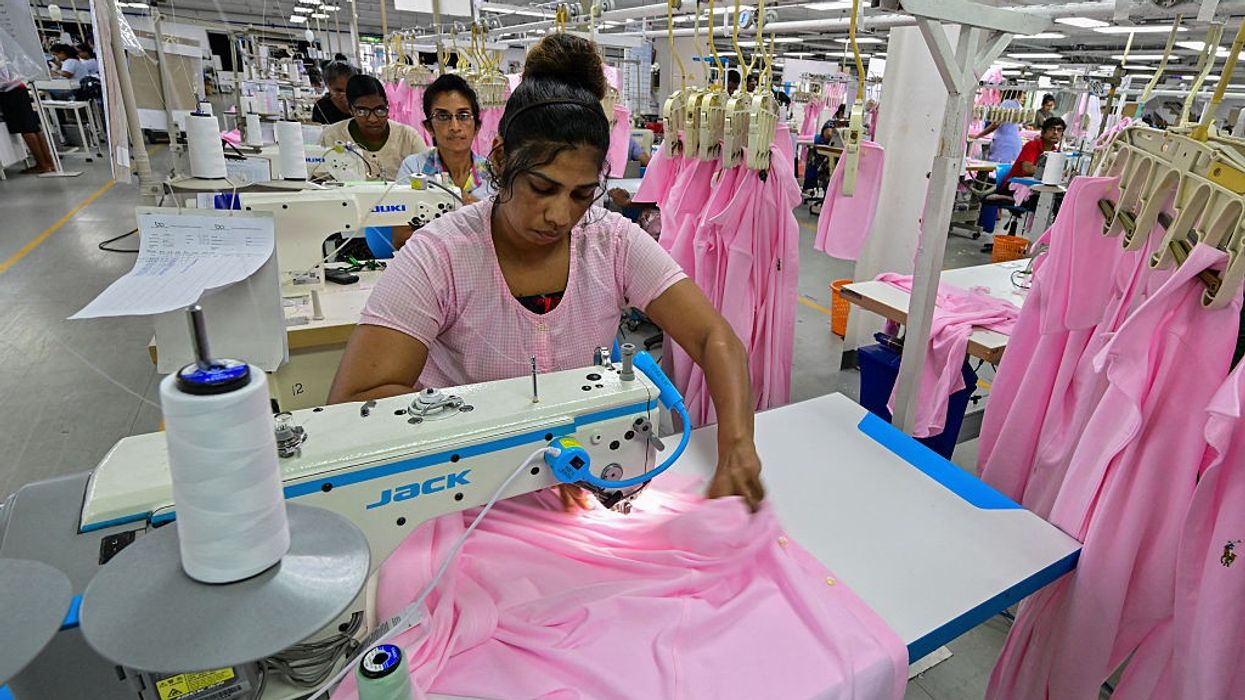FASHION retailer Next has abruptly shut one of its three factories in Sri Lanka, sacking around 1,400 workers and sparking protests on Wednesday (21).
The Next factory at the island’s Katunayake Free Trade Zone, just outside the capital Colombo, announced its immediate closure on Tuesday (20) and promised severance deals to 1,416 workers made redundant overnight.
David Reay, director of manufacturing at Next, said the plant had been unprofitable for several years and that he had no alternative but to close it.
"At the heart of this decision is the increasingly high operating cost of the Katunayake manufacturing plant," Reay said in a statement, adding the company will continue to operate two other factories on the island.
A powerful trade union said over 800 of its members were out of work as a result of the sudden closure, and it would seek legal redress to secure their jobs.
"The decision to close without any consultation with us is a violation of a collective agreement," said Anton Marcus, the general secretary of the Free Trade Zones and General Services Employees Union.
The union rejected the claim that the factory was unviable.
Last month, Sri Lanka’s apparel industry warned that threatened US tariffs would disrupt the island's largest export sector and place thousands of jobs at risk.
A tariff rate of 44 per cent on Sri Lankan exports to the US has been on hold for months by the US authorities, but a new 10 per cent baseline tariff is being applied in the meantime.
Sri Lanka exported $4.76 billion (£3.76bn) worth of garments last year, up from $4.53bn (£3.58bn) the previous year. The industry employs about 350,000 workers and is a key foreign exchange earner.
(AFP)





